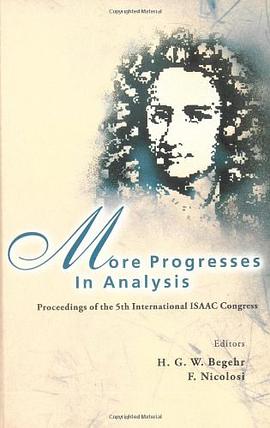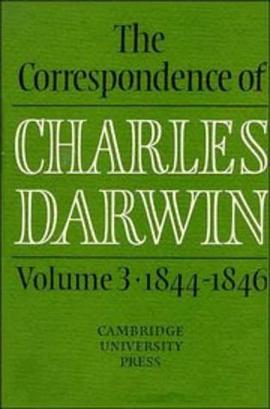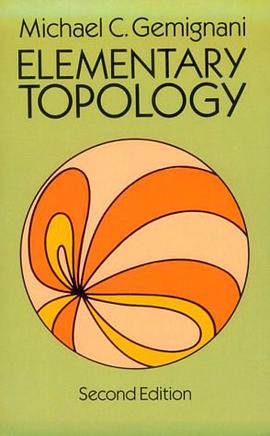

具体描述
Theophrastus of Eresus in Lesbos, born about 370 BCE, is the author of the most important botanical works that have survived from classical antiquity. He was in turn student, collaborator, and successor of Aristotle. Like his predecessor he was interested in all aspects of human knowledge and experience, especially natural science. His writings on plants form a counterpart to Aristotle's zoological works. In the "Enquiry into Plants" Theophrastus classifies and describes varieties--covering trees, plants of particular regions, shrubs, herbaceous plants, and cereals; in the last of the nine books he focuses on plant juices and medicinal properties of herbs. The Loeb Classical Library edition is in two volumes; the second contains two additional treatises: "On Odours" and "Weather Signs." In "De Causis Plantarum" Theophrastus turns to plant physiology. Books One and Two are concerned with generation, sprouting, flowering and fruiting, and the effects of climate. In Books Three and Four Theophrastus studies cultivation and agricultural methods. In Books Five and Six he discusses plant breeding; diseases and other causes of death; and distinctive flavours and odours. Theophrastus's celebrated "Characters" is of a quite different nature. This collection of descriptive sketches is the earliest known character-writing and a striking reflection of contemporary life.
作者简介
目录信息
读后感
评分
评分
评分
评分
用户评价
相关图书
本站所有内容均为互联网搜索引擎提供的公开搜索信息,本站不存储任何数据与内容,任何内容与数据均与本站无关,如有需要请联系相关搜索引擎包括但不限于百度,google,bing,sogou 等
© 2026 onlinetoolsland.com All Rights Reserved. 本本书屋 版权所有




















